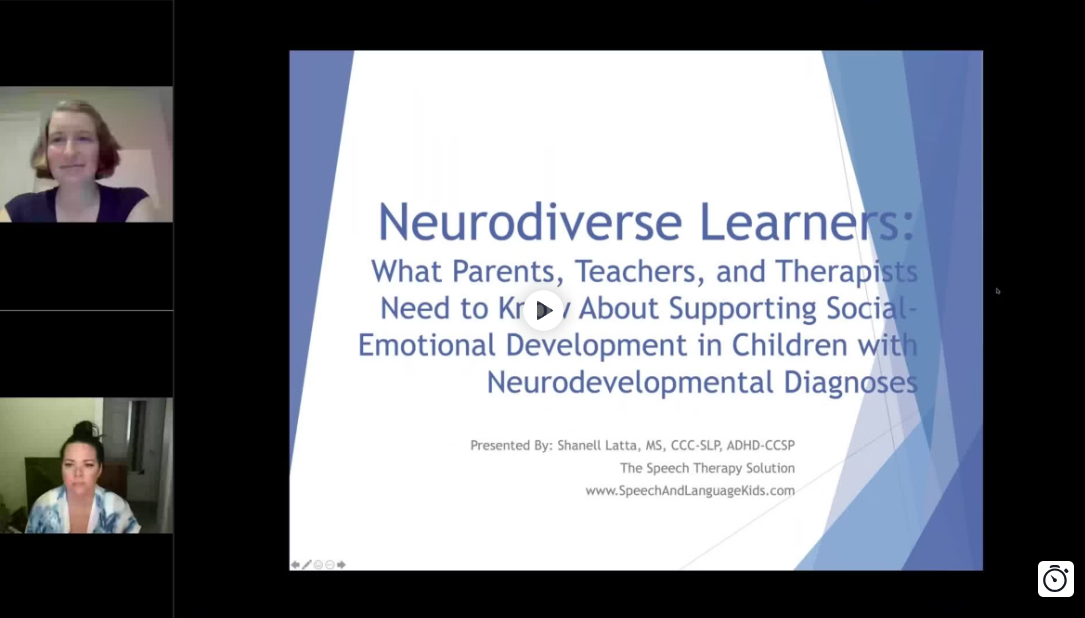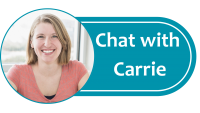Helping Autistic Children Respond to Questions:
There are many times throughout the day that we ask other people questions and need to respond to other people’s questions. However, autistic children who are just learning to communicate with those around them may struggle with this skill. They may be uninterested in responding or they may not realize that a response is expected. We can help these children improve their ability to respond to questions in speech/language therapy.
Overview of helping an autistic child respond to questions:
How to Help an Autistic Child Respond to Questions
- Start with simple yes/no questions about his favorite topic. Use “is this ___” for favorite characters, objects, etc. For example, show him a picture of a car and say “Is this a car?” or “Is this a snowman?”. If the child responds verbally, repeat his answer and then praise him for his verbal response (“I like how you said ‘yes’”). If the child does not respond verbally, prompt him with “Use your words” or “You can say ‘yes’”. If the child doesn’t respond after that, offer some sort of tangible reinforcement for his verbal response (“If you want the cookie, you need to answer my question. Say ‘yes’”). Fade back the use of tangible reinforcements as soon as possible.
- Once the child can answer basic yes/no questions verbally, move to basic “what” questions like “What’s this” and “What is he doing?” Again, use highly motivating pictures or objects at first to peak his interest. Use the same method of prompting for verbal responses as above.
- Keep moving through new question forms in this way. Practice each new question form in therapy during structured activities and then encourage the parents to require a verbal response to those types of questions at home, as well. Make sure that everyone has consistent expectations for the child to speak in response to those questions that you have worked on in therapy. I would suggest working on questions in this order: yes/no, what, who, where, why, when, how.

About the Author: Carrie Clark, MA CCC-SLP
Hi, I’m Carrie! I’m a speech-language pathologist from Columbia, Missouri, USA. I’ve worked with children and teenagers of all ages in schools, preschools, and even my own private practice. I love digging through the research on speech and language topics and breaking it down into step-by-step plans for my followers.
Connect with Me:









Please teach …how to teach ‘wh’ questions
Hi, Ash-
You can try reviewing this links to help teach the “wh” questions: https://www.speechandlanguagekids.com/?s=wh+questions.
Thanks a ton Carrie!! I am from India and my son is 7 years old with mild autism. I am trying to teach him questions and came across your site. You have very very nicely explained how to work on kids in detail and the information provided is very helpful in teaching him without any fuss and frustration. God bless you always!!!
Thanks,
Khushboo
Hello khusboo,plz send some video s of your son ,how to teach him with the help of pecs.
What do you think is best to work on after accomplishing wh-questions? What is a good continuum to follow?
Hello, Amy!
Thank you so much for reaching out. Unfortunately, we get a ton of questions every day about how to solve specific speech/language problems. Since we have such a small staff, we aren’t able to answer every question that comes through on the website, social media, or via email. If you are a parent, we suggest you reach out to a local speech-language pathologist who can work with your child directly and answer your question.
If you are another speech-language professional, we have created a membership where we pay a full staff to answer questions like this on a regular basis. We would be more than happy to answer your question inside the membership program. We’re able to answer more questions in here because we have a full library of questions that we’ve already answered so our staff can either link you to the answer if it exists, or write you a custom response if needed. We’d love to see you inside the membership!
Click Here to Become a Member: https://www.slpsolution.com/pediatric-signup/.
Well my child don’t answer even though i’m using what’s been suggested in this video. At a loss on what to do. My child understands not to go into cupboards and eat the food. This isn’t what i want for my child. My child has told me the reasons why i am upset. My child doesn’t do this at mother’s home. So i ask why does my child do it at my home. My child understands, but still doesn’t give me an answer. I am the father. Why does my child not do the same in my home?
Hello, Alexander!
Thank you so much for reaching out. Unfortunately, we get a ton of questions every day about how to solve specific speech/language problems. Since we have such a small staff, we aren’t able to answer every question that comes through on the website, social media, or via email. If you are a parent, we suggest you reach out to a local speech-language pathologist who can work with your child directly and answer your question.
If you are another speech-language professional, we have created a membership where we pay a full staff to answer questions like this on a regular basis. We would be more than happy to answer your question inside the membership program. We’re able to answer more questions in here because we have a full library of questions that we’ve already answered so our staff can either link you to the answer if it exists, or write you a custom response if needed. We’d love to see you inside the membership!
Click Here to Become a Member: https://www.slpsolution.com/pediatric-signup/
I would like some assistance for teaching a girl with Autism about how to respond appropriately to every day questions such as how was your weekend?/ what did you do in the holidays? / How are you today?
The student is very rude to her teachers and says she “doesn’t care”. Our head of SEN suggests giving sanctions such as detentions but I think some positive instruction on appropriate responses would be more beneficial.
Ideas please! Thank you.
Hi, Sarah-After a quick review of Carrie’s site, I found this link regarding behavior that may help you: https://www.speechandlanguagekids.com/sensory-behavior-resource-page/.
My 27 month old seems to repeat me a lot. If I ask him If he wants a cookie he will say cookie. Or If I say are you hungry he will say hungry. He knows the words yes and no but doesn’t use them often. He also knows the world car block ect but if I ask what’s that or what’s this he will say that or this. We have been practicing colors and if I ask what color he will say color and if I say what color is this he says this. He almost always repeats the last word I say. If I ask him is it red or blue he will say blue because I said blue last.
Hello there! That certainly sounds like echolalia. Some of that is normal but we also like to hear children begin using their own utterances as well. There are some general tips on this page: https://www.speechandlanguagekids.com/echolalia-when-children-repeat-what-you-say/
However, if you are concerned about your child’s language development, you should speak with your child’s doctor about getting a screening by a speech-language pathologist who can work with your child directly. This advice is not meant to replace help from a licensed professional.